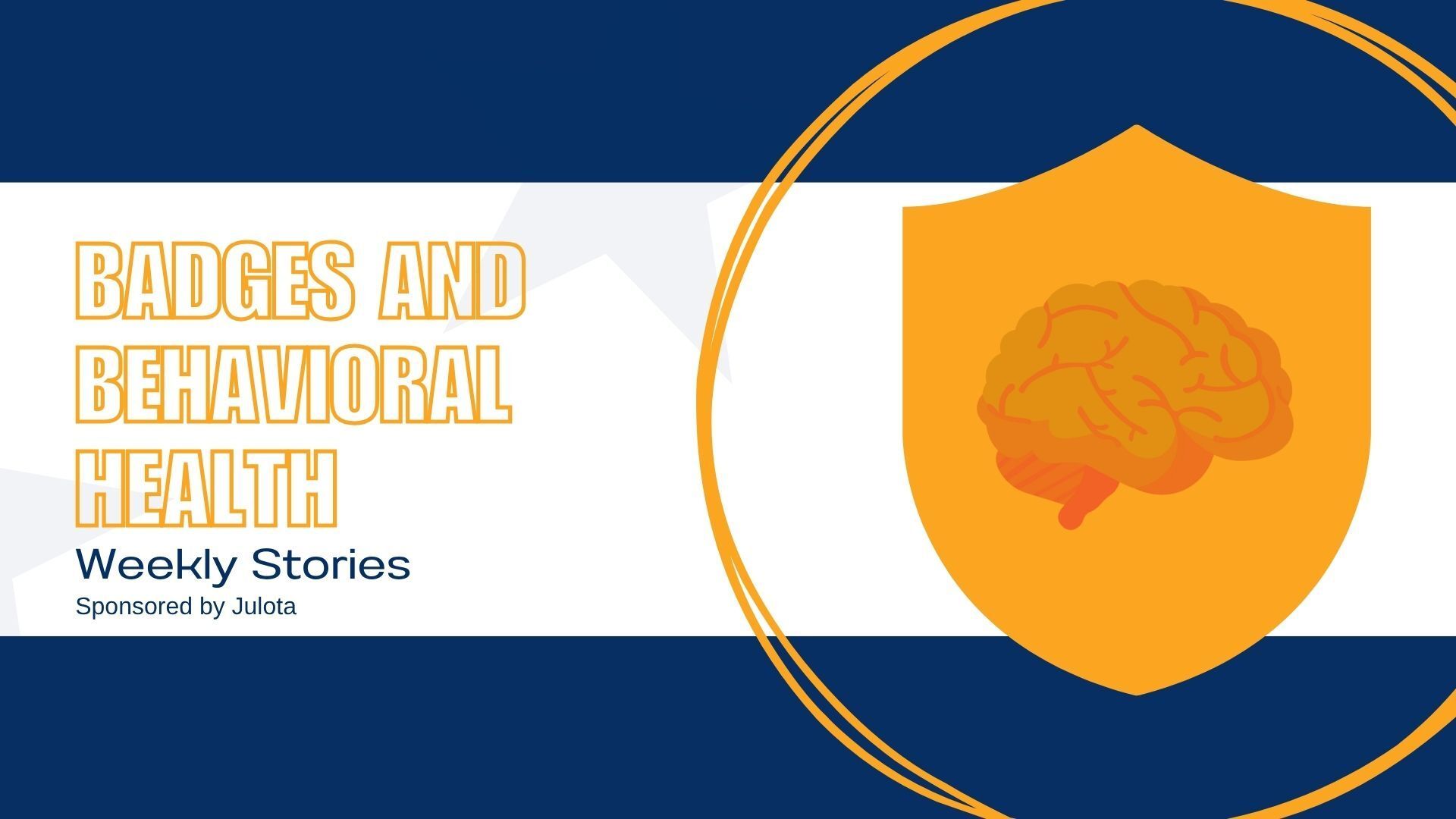
Today’s Brief:
Crisis Intervention Briefs
Joplin Co-Responder Unit Hits One-Year Mark With 842 Direct Interventions
Galesburg Moves to Integrate Mental Health Expertise Into Police Response
Social Briefs
Total Read Time: 5 minutes
👮 Crisis Intervention Briefs
Kuujjuaq has introduced a Mobile Intervention Team (MIT) that pairs police officers with social workers to help defuse complex crises like domestic violence and suicidal ideation. The initiative, adapted from a successful model in Puvirnituq, aims to foster safer, culturally informed interventions in Nunavik.
With mental health–related 911 calls climbing across northeastern Louisiana, law enforcement agencies are ramping up crisis-intervention training for officers so responses can be safer, more compassionate, and better informed.
The Ontario government is injecting $426,860 into the Peterborough area to expand mobile crisis teams, funding that will enable two police services to roll out new officer–mental-health worker pairs and extend coverage hours.
In its first year, the Joplin Police Department’s Co-Responder Unit has conducted 842 face-to-face contacts, pairing officers with mental health professionals to better manage crisis calls. The program has already shown signs of improving police-community relations by focusing on de-escalation and connecting individuals to appropriate supports rather than pursuing arrests. By diverting mental health emergencies from the traditional criminal justice system, Joplin aims to reduce repeated calls for service and reduce strain on patrol officers. Organizers say that the collaboration is a step toward more compassionate, effective crisis response, and they intend to refine processes as they gather data in year two.
Bridgeway in Galesburg is launching a co-responder program and is actively hiring mental health professionals to ride along with police and respond to crisis calls. The goal is to deliver more compassionate, clinically informed interventions in situations involving mental health distress, rather than relying solely on enforcement. By embedding co-responders into the emergency response system, the community hopes to improve client outcomes, reduce arrests related to behavioral crises, and ease pressures on traditional policing. The initiative underscores a shift toward viewing mental health emergencies through a health-care lens, while leveraging collaboration between law enforcement and behavioral health providers.

Social Media Briefs